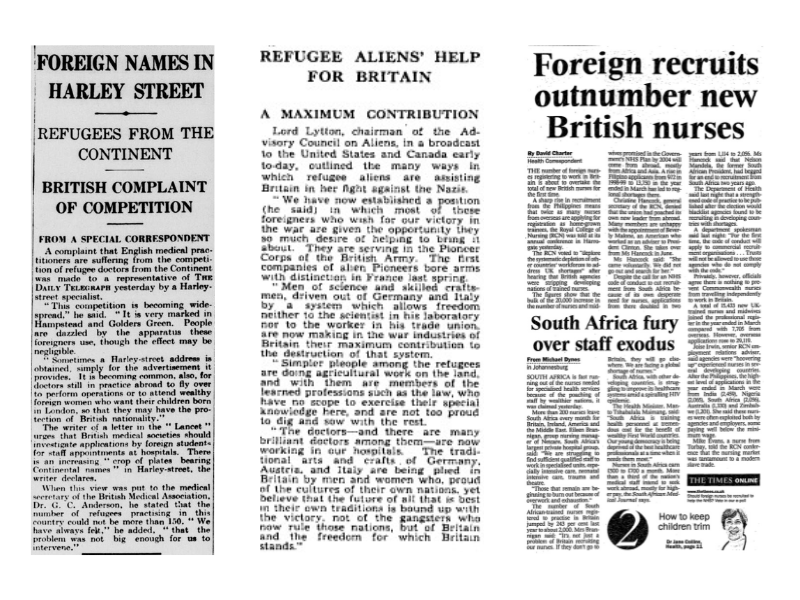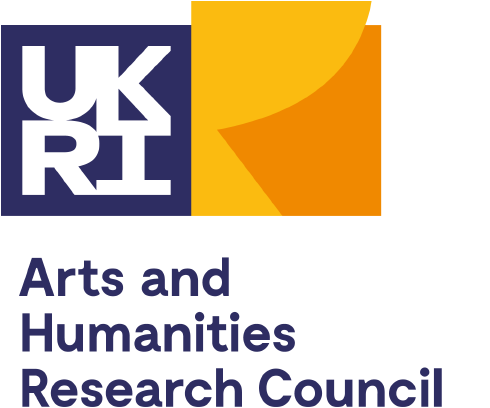Header
Documenting Migrant Carers’ Experiences of Registration and Fitness to Practise
Who gets to become and remain a professionalised healthcare worker in the UK? This question has become particularly salient given the endemic shortage of qualified healthcare workers in high-income countries with ageing populations. The current international make-up of the UK healthcare workforce is the result of several factors, one of which is the struggle over the gate-keeping functions of the health professions. More specifically, the regulatory tools of registration and fitness to practise, which relate to the skills, knowledge, health, and character that professionals must satisfy, play a key function in the construction of the modern, professionalised, diverse healthcare workforce. 'Making it to the Registers: Documenting Migrant Carers’ Experiences of Registration and Fitness to Practise' zooms in to interrogate the lived dimensions of these two tools for global, migrant carers.

The recent pandemic highlighted the reliance of UK healthcare on international workers, many of whom were recruited to work in the UK to offset the departure of European professionals following the Brexit vote. However, the use of overseas-trained carers as flexible sources to adjust to the UK's spasmodic health workforce challenges is neither new nor exceptional. 'Making it to the Registers' will therefore focus on the evolution of the two requirements of registration and fitness to practise and build on historical literature by comparing the differentiated responses of statutory regulators to 'crisis' situations.
During World War II, facing a heightened need for doctors, the General Medical Council extended emergency registration to Jewish refugee doctors and overseas-qualified doctors primarily from British colonies. After the war, the UK recruited nurses from overseas to staff the newly-established National Health Service, many of whom became part of the Windrush generation.
In the 1960s a perceived ‘oversupply’ of foreign medical graduates led to the termination of reciprocal registration arrangements with Commonwealth countries, to make it more difficult to get onto the registers. In 2020, pandemic-related pressures led the General Medical Council and the Nursing and Midwifery Council to expand their registers to increase the availability of NHS personnel and adapt procedures to adjudicate fitness to practise standards.
Regulatory choices during periods of crisis have long lasting effects on the structure of the healthcare workforce. Studying them in depth will provide insights for the reform of professional regulation more broadly.
Making it to the Registers is funded by the Arts and Humanities Research Council (AHRC).

